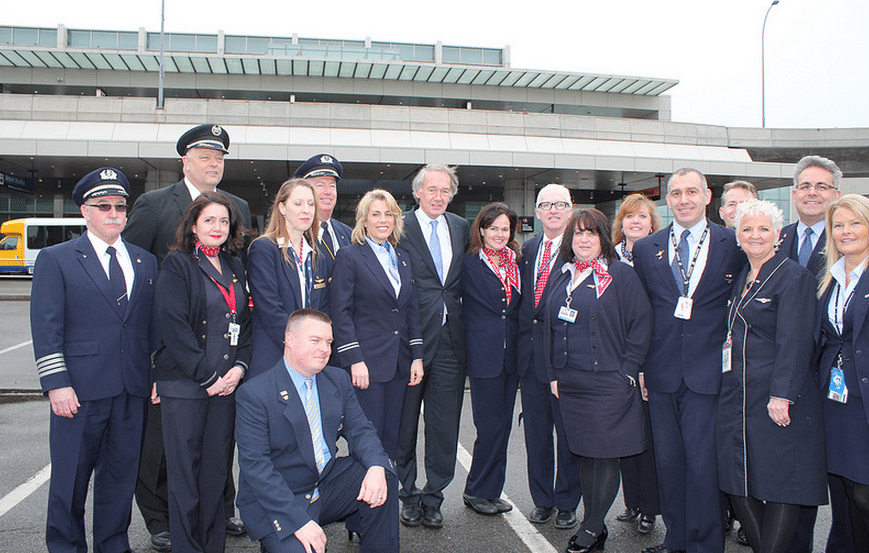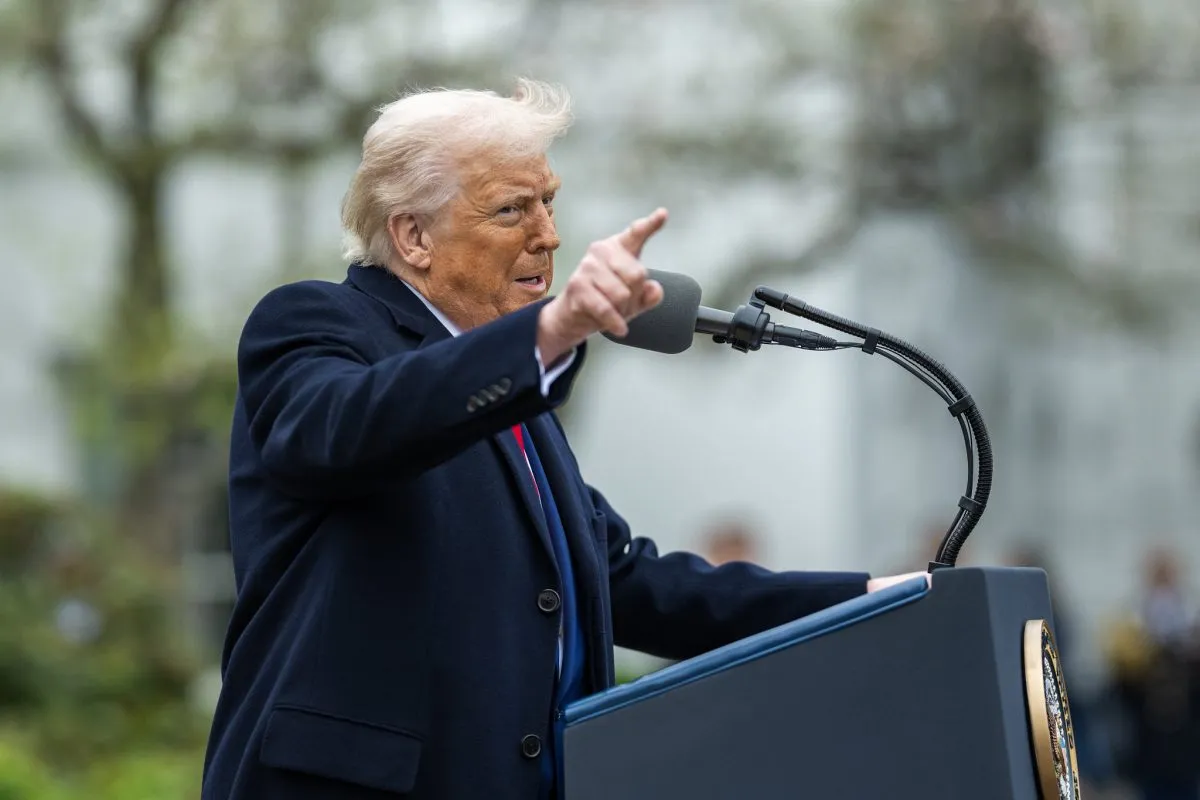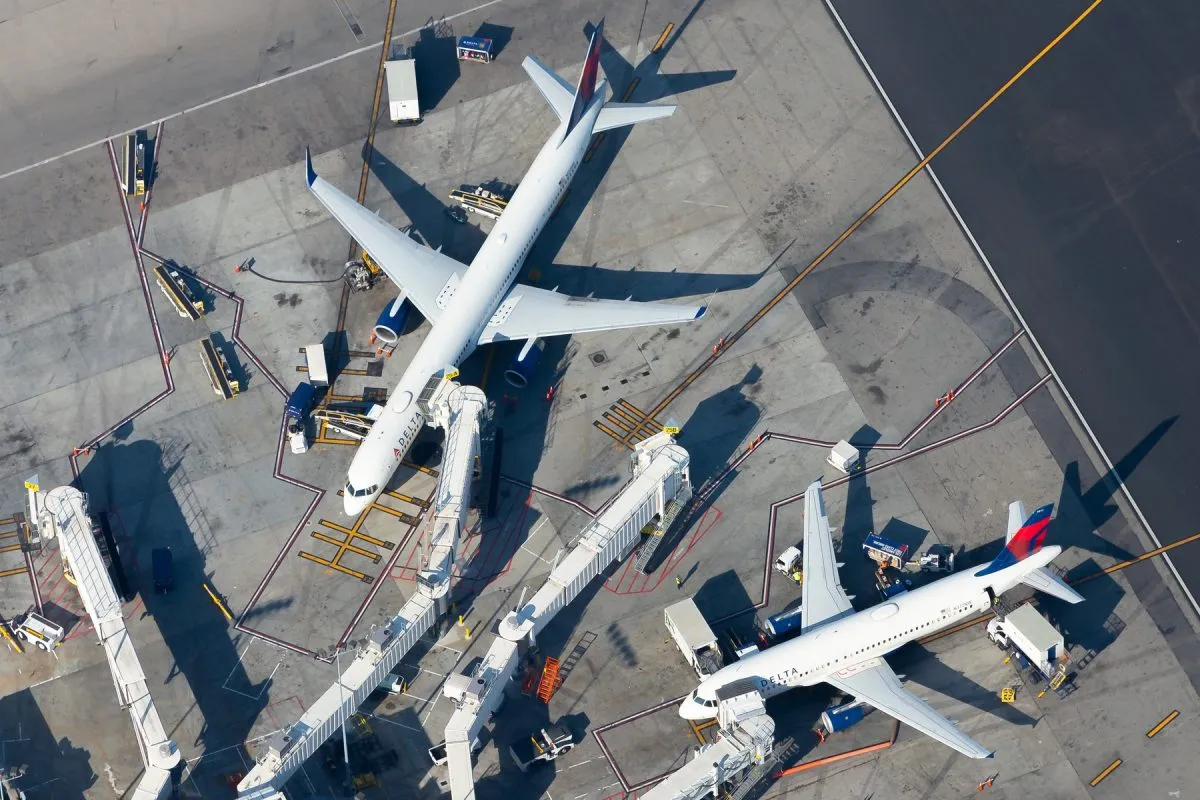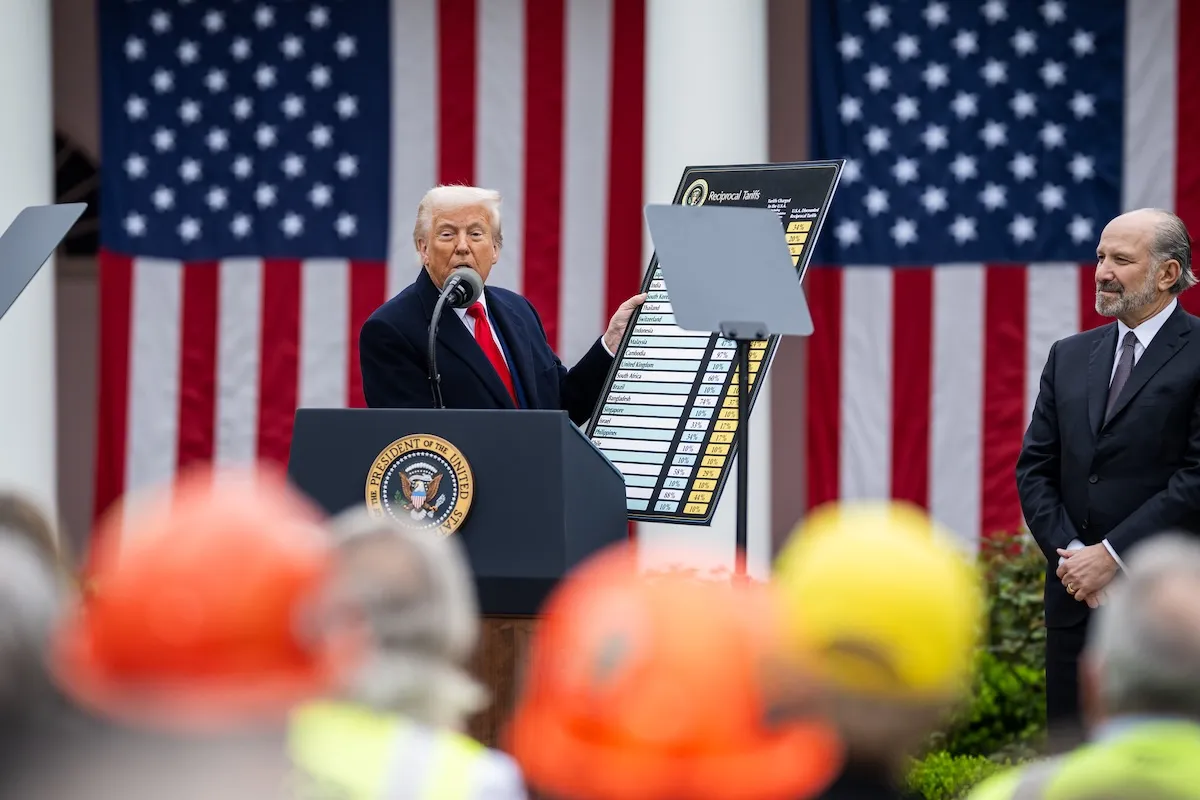Congressman introduces "No Knives Act" against TSA's decision

Skift Take
Massachusetts U.S. Rep. Ed Markey on Tuesday called the Transportation Security Administration's plan to allow passengers to carry small folding knives onto planes "wrong-headed" and announced legislation that will force the agency not to implement the rules.
Markey held up a Swiss army knife at Boston's Logan International Airport when he announced that he is filing the bipartisan "No Knives Act" to stop the new TSA regulations from going into effect on April 25. The bill is co-sponsored U.S. Rep. Michael Grimm, a Republican from New York's Staten Island.
Flight attendants, pilots and federal law enforcement officers opposed the rule change, Markey said. The Malden Democrat was joined by representatives of flight attendants and pilot unions at Logan airport, from where terrorists armed with knives hijacked two planes that were flown into the World Trade Center on Sept. 11, 2001.
"On 9/11, we learned that in the confines of an airline cabin, even a small knife can lead to devastating consequences," Markey said.
The new rules will also allow passengers to include in their carry-on luggage novelty-size baseball bats less than 24 inches long, toy plastic bats, billiard cues, ski poles, hockey sticks, lacrosse sticks and two golf clubs. Items like box cutters, razor blades and knives on fixed blades are still banned.
"The 9/11 Commission described failures of the imagination as the primary reason we were unable to prevent these fateful attacks. It does not take much imagination to understand that allowing knives back into passenger cabins of planes is a bad idea," said Markey, one of the candidates in the state's special U.S. Senate election for a seat that became vacant when John Kerry resigned to become secretary of state.
Knives permitted under the policy must be able to fold up and have blades that are 2.36 inches or less in length and are less than 1/2-inch wide. The policy is aimed at allowing passengers to carry pen knives, corkscrews with small blades and other small knives
There has been a gradual easing of some of the security measures applied to airline passengers after 9/11. The new policy conforms U.S. security standards to international standards and allows the TSA to concentrate its energies on more serious threats, the agency said in announcing the change last week.
Setting U.S. aviation security standards based on European practices is wrong because at least two bombers have successfully boarded flights in Amsterdam and Paris, plotting to down planes bound for the United States, said United Airlines flight attendant Sara Nelson, who is also international vice president of Association of Flight Attendants-CWA.
More stringent standards in the United States have prevented armed terrorist from getting onboard aircrafts in the country, she said.
"Every single day we see disturbances onboard our aircrafts ... can you imagine involving a deadly weapon in those scenarios?" Nelson said.
Those concerns are shared by pilots, said Capt. Steve Sevier, a U.S. Airways pilot and chairman of the security committee of the U.S. Airline Pilots Association.
"The knives that were used on 9/11 were just 3/4 of an inch long — simple razor knives," he said.
TSA has said the presence on flights of gun-carrying pilots traveling as passengers, federal air marshals and airline crew members trained in self-defense provide additional layers of security to protect against misuse of the newly allowed items.
Not all flights, however, have federal air marshals or armed pilots onboard.
___
Rodrique Ngowi can be reached at www.twitter.com/ngowi




